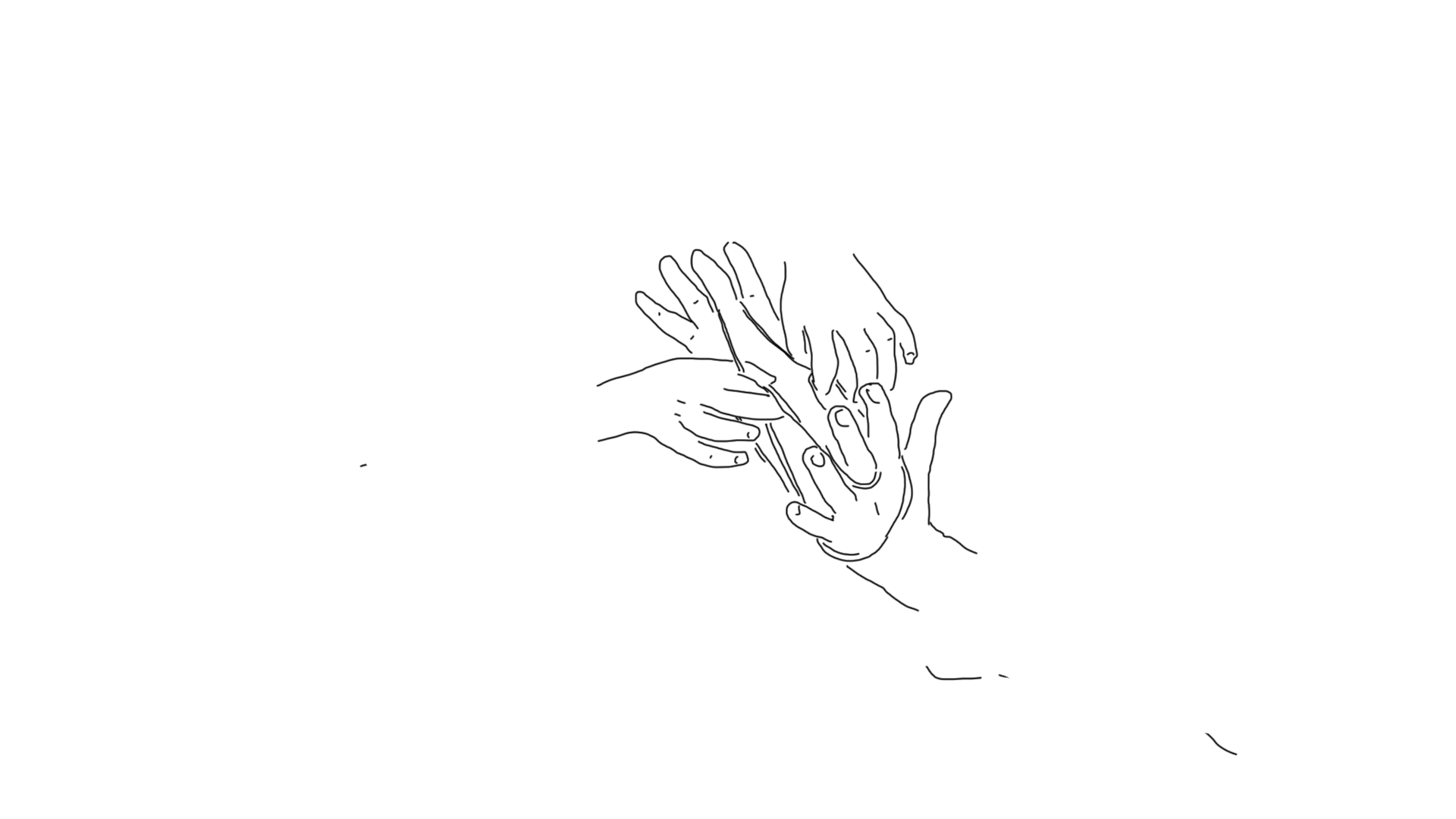Reclaiming is one of the most fundamental practices for oppressed or marginalized communities. Looking at queer and feminist history, it is clear how deeply ingrained it is in our communities’ DNA. That moment in a community's life cycle, after infinite attempts at fitting in, when the cocoon has matured, and from it emerges an almost fantastical beast, declaring: This is me. Everything that was seen as too feminine, too masculine, everything that seemed odd, unusual or too sexual – all of it is me. It's like sewing wings from all the slurs and curse words we'd heard, like growing from all the times the world got too crowded for us, forcing us to shrivel up. That process by which individuals can reclaim words, phrases, or objects that were used against them, making them their own, is an important part of the essence of being queer. It’s an action that charges identity with its political meaning, fully committed to sustaining itself even at the price of a struggle.
Still, something about that terminology didn’t feel right. Something about the word’s semantic load felt a bit off. Reclaiming is understood to be a process affecting the social and political discourse, but this discourse is first of all made of individuals, seeking to regain what had been taken from them and used against them. It’s hard to explain how important it is to reclaim, not only what we once had, but everything that was never ours, but still so missing. Reclaiming doesn’t only imply action, but also demands an answer, one we owe to ourselves from the first day we felt different, from the first night we asked, with eyes wide open, “why?” In the act of reclaiming, we reply, we respond: Because. Because this is what’s right for us.
The issue before you is a collection of responses and reclamations, thoughts about claiming and possessing, and about linguistic and artistic acts of rebellion. Like the needle decisively piercing through the embroidery cloth time after time, as it gradually creates a whole; like the drag artists blurring the lines between dream and reality; like we return, reclaim, a step at a time, everything we could have been and wanted to be.
To reclaim a word, use it often to recodify its semantic load. We also recodify words merely by bringing them into our language: We codify “safe space” and “all are welcome”; we seek to recodify the meaning of “beautiful” and “important.” When we reclaim, for ourselves, it is as if we are doing it for our sisters, responding to and for them, expanding the boundaries without seeking permission, declaring: This is us, here and now.
Have a refreshing read,
BUSH
Editorial team
Editor-in-chief: Chen Amram
Curator and producer: Noga Or Yam
Producer: Hile Razon
Website design: Faina Feigin
UX: Shir Hakim
Collective members: Michal Shomer, Shir Newman, Yael Shechner, Erez Amit Moshe
English translation: Amit Meyer
Arabic translation: Afnan Khalaily



























